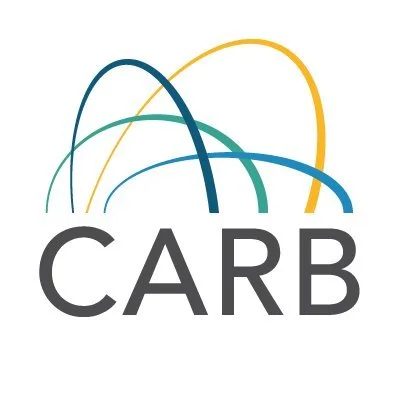Navigating California’s Landmark Climate Disclosure Requirements: Insights from the July 9 CARB FAQ
/California’s climate disclosure landscape is evolving rapidly. On July 9, 2025, the California Air Resources Board (CARB) released a Frequently Asked Questions document that clarifies compliance timelines, publication requirements, reporting frameworks, and enforcement discretion, offering companies significant detail for first-time submissions due January 1, 2026.
At KERAMIDA, we closely track these developments to help our clients stay ahead of the curve. Here are our main takeaways from the FAQ:
CARB proposed a specific definition of “doing business in California."
CARB will launch a public docket on December 1, 2025, requiring covered entities to post the link to their publicly available climate-related financial risk reports.
CARB remains flexible about the framework used to prepare these reports.
Doing Business in California
Covered Entities: Public and private companies with annual revenues exceeding $500 million that do business in California are required to comply.
Definitions in Progress: CARB has proposed relying on California Revenue and Taxation Code sections for “doing business” and “gross receipts,” but is soliciting feedback and may further refine these definitions.
Learn moree about who is covered under SB 261 and how "doing business in California" is defined
Submitting SB 261 Climate-Related Financial Risk Reports
CARB will open a public docket on December 1, 2025, where covered entities must publish the link to their publicly accessible climate-related financial risk reports, as required by SB 261. The docket will stay open until July 1, 2026, serving as a central hub for investors, regulators, and stakeholders to access and review these disclosures. This initiative highlights CARB’s dedication to transparency and accountability. Companies themselves are responsible for hosting and publishing report links; CARB will not host the full reports directly.
Good Faith Compliance and Enforcement
Grace Period: For this initial reporting cycle, CARB will exercise enforcement discretion. Reports based on the best-available data (from either of the two prior fiscal years) are acceptable if companies demonstrate good faith compliance i.e., timely effort and appropriate process in collecting, analyzing, and reporting risks.
Phase-In Considerations: Penalties for non-compliance will factor in evidence of good faith effort, timing, and process improvement.
Practical Implications for Companies
Immediate Action: Companies should identify and document material climate-related financial risks according to TCFD or similar frameworks, covering their most recent fiscal year.
Prepare for Public Disclosure: Develop a reporting process with transparency in mind, as reports and their links will be easily accessible through CARB’s public docket.
Engage in Definition Process: Monitor CARB’s ongoing stakeholder engagement through the summer, as definitions of “doing business” or other criteria may still be refined.
Documentation and Data Quality: Ensure auditability of climate risk assessments and document efforts taken, as CARB will review “good faith” compliance during the initial submission phase.
Summary Table: SB 261 Reporting Updates
KERAMIDA has extensive experience preparing rigorous greenhouse gas inventories, verifying GHG inventories, and developing climate-related financial risk disclosures aligned with TCFD or IFRS S2.
Contact us, and we will assist you in navigating the constantly changing sustainability regulatory environment.
Contact
Faythe Missick, MA, MSc
Senior Manager, Sustainability
KERAMIDA Inc.
Contact Faythe at fmissick@keramida.com









